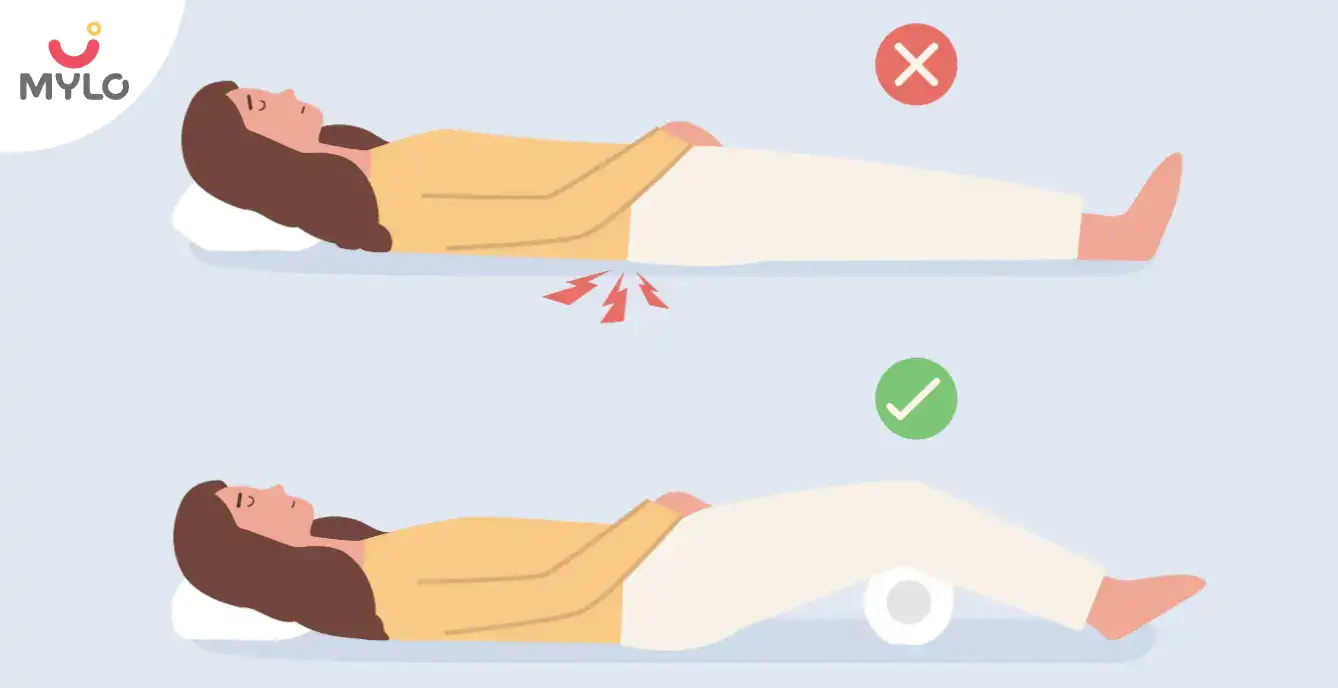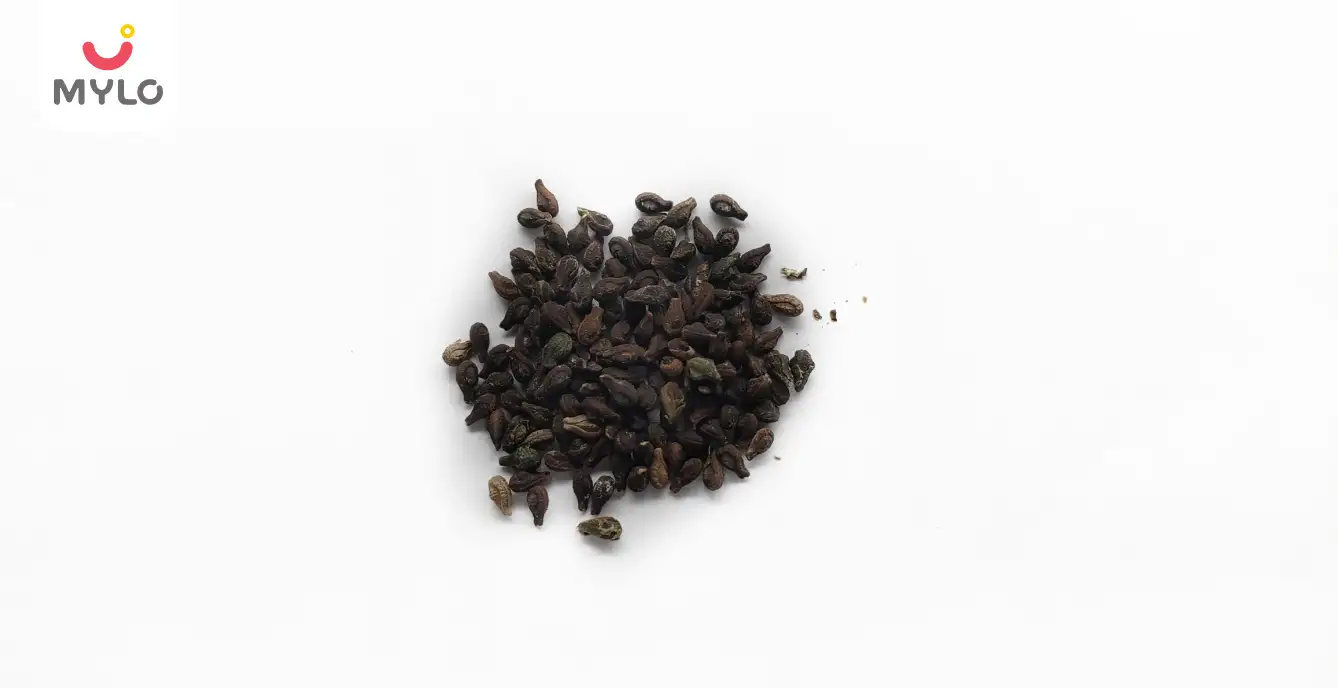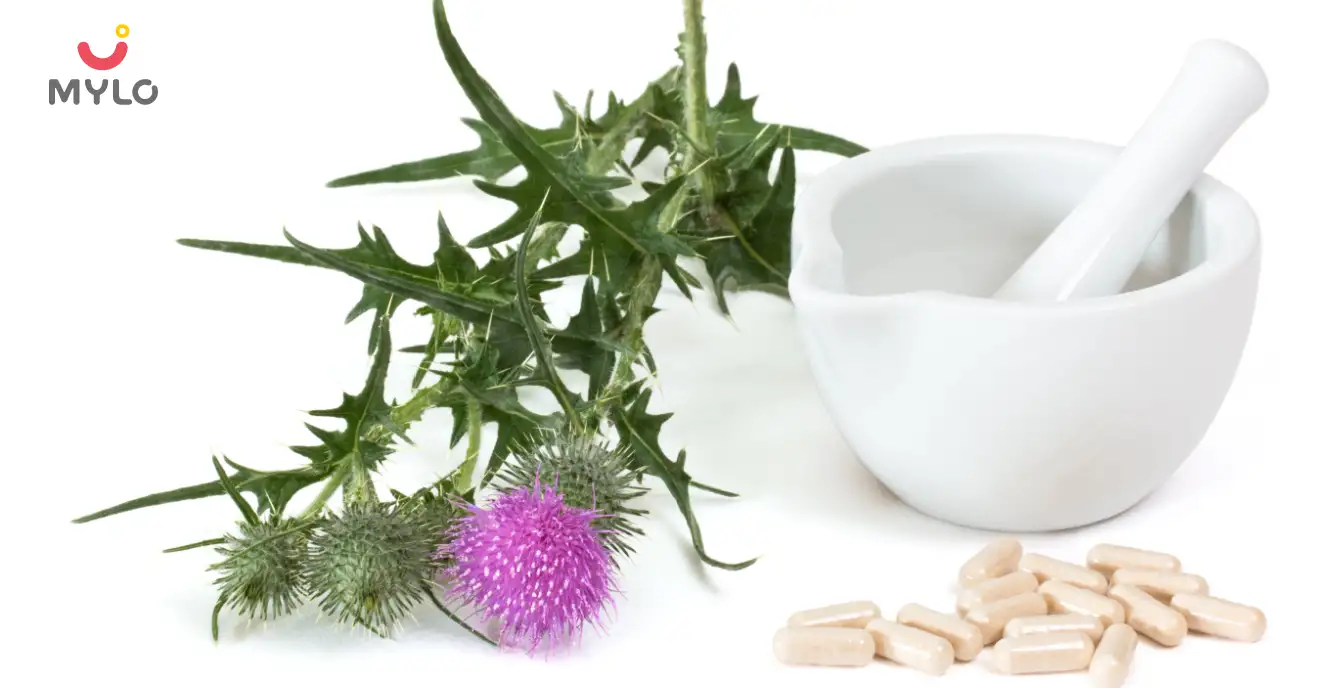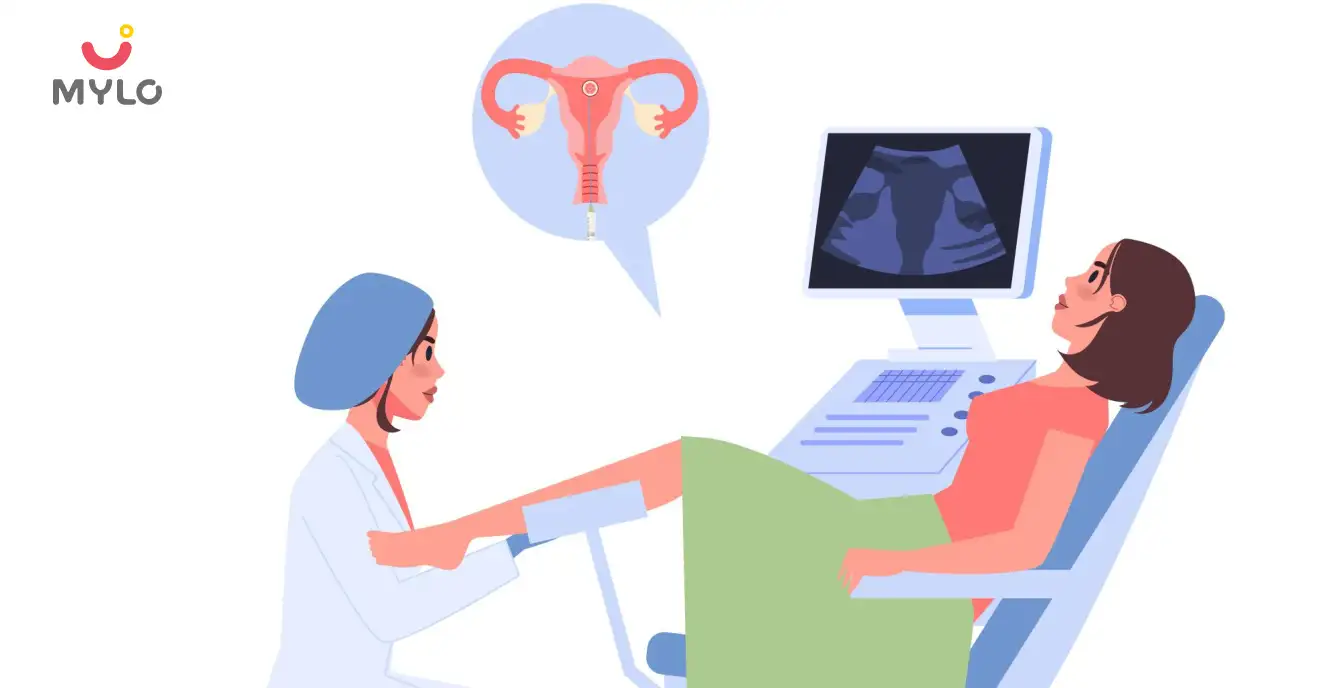Home

Sleeping Position After IVF & Other Precautions That Can Boost Your Chances of Success
In this Article

In Vitro Fertilization (IVF)
Sleeping Position After IVF & Other Precautions That Can Boost Your Chances of Success
Updated on 15 June 2023
Are you undergoing IVF treatment and wondering if your sleeping position after IVF could affect your chances of success? Well, you're not alone. Many couples who are trying to conceive through IVF often wonder if there are any precautions after IVF that they can take to boost their chances of success.
In this article, we'll explore how to make IVF successful the first time and all the precautions you can take to increase your chances of a successful pregnancy. So, grab a cup of tea, sit back, and let's get started!
Understanding IVF and Its Success Rates
In vitro fertilization (IVF) is a widely used assisted reproductive technology that helps couples struggling with infertility to conceive. The success rates of IVF have improved significantly over the years, giving hope to those who long for a baby of their own. However, the journey doesn't end with the IVF procedure itself. There are several precautions and lifestyle changes that can increase the chances of success.
After undergoing the IVF procedure, it is crucial to take certain precautions to ensure the best possible outcome. These precautions can help optimize the chances of successful implantation and pregnancy. While the procedure itself is performed by medical professionals, there are several factors within your control that can make a difference. From the way you sleep to the lifestyle choices you make; every precaution can contribute to a successful IVF journey.
Sleeping Position After IVF: What You Need to Know
The position in which you sleep after IVF can play a role in the success of the procedure. While there is no one-size-fits-all answer, there are some general recommendations that can be followed.
1. Sleep on your back/side
It is generally advised to sleep on your back or side, as these positions help promote better blood circulation and reduce pressure on the abdomen. However, it is important to consult with your fertility specialist to determine the best sleeping position for your specific case, as individual factors can influence the recommendation.
2. Use pillows to support your body
Another important aspect to consider is the use of pillows to support your body during sleep. Placing a pillow under your knees while sleeping on your back can help relieve pressure on the lower back and improve blood flow. If you prefer sleeping on your side, placing a pillow between your legs can help align your spine and provide additional support.
3. Stick to a regular sleep schedule
Among the many precautions after IVF that you need to be careful about is maintaining a proper sleep schedule. It is recommended to stick to a regular sleep schedule to get a comfortable and deep sleep after embryo transfer. Getting good bed rest is among the things to do to make IVF successful.
Other Precautions After IVF to Boost Your Chances of Success
Apart from the sleeping position, there are several other precautions that can enhance the success of IVF.
1. Avoid strenuous physical activities
It is important to avoid strenuous physical activities, heavy lifting, and excessive exercise during the post-IVF period. These activities can put unnecessary strain on your body and potentially interfere with the implantation process. It is advisable to engage in gentle exercises such as walking or yoga, as they promote overall well-being without exerting excessive pressure on the reproductive system.
2. Avoid long duration travel
Many women ask the question can I travel after IVF. While travel itself is not contraindicated, it is important to take certain precautions and considerations. Firstly, it is advisable to avoid long-haul flights or trips to remote areas, particularly during the crucial post-IVF period. Before planning any travel, it is crucial to consult with your fertility specialist and discuss your specific situation.
You may also like: 7 Most Popular IVF Myths Busted
3. Follow a healthy diet
Maintaining a healthy diet and lifestyle is also crucial during this time. It is recommended to consume a balanced diet rich in nutrients, particularly those that support reproductive health. Including fruits, vegetables, whole grains, and lean proteins can provide the necessary vitamins and minerals for optimal fertility.
4. Avoid smoking and drinking
It is essential to avoid smoking and excessive alcohol consumption as they can negatively impact fertility and the success of IVF. Experts recommend avoiding alcohol and smoking completely throughout the entire IVF process.
You may also like: IVF Failure Reasons: Exploring the Challenges Couples Face with Infertility
How to Make IVF Successful the First Time?
While IVF can be a complex and emotionally challenging process, there are certain tips and advice that can increase the chances of success, especially during the first attempt.
1. Choose the right IVF centre
Firstly, it is important to choose a reputable fertility clinic with experienced professionals who specialize in IVF. The expertise and support provided by the clinic can significantly impact the outcome.
2. Adopt a healthy lifestyle and mindset
Secondly, maintaining a positive mindset and reducing stress levels can be beneficial. Engaging in stress-reducing activities such as meditation, yoga, or counseling can help create a conducive environment for successful implantation.
3. Following the treatment plan religiously
Additionally, it is advisable to follow the medication and treatment plan prescribed by your fertility specialist diligently. This includes taking medications at the recommended times and attending all scheduled appointments.
4. Maintaining communication with the doctor
It is also crucial to communicate openly with your doctor and ask any questions or address any concerns you may have throughout the process. By actively participating in your IVF journey and following the advice of your medical team, you can increase the likelihood of success.
Things to Do to Make IVF Successful
In addition to the medical aspects of IVF, there are several lifestyle changes and self-care practices that can contribute to the success of the procedure.
Firstly, maintaining a healthy body weight is important, as both obesity and being underweight can negatively impact fertility. It is advisable to consult with a nutritionist or dietitian to develop a personalized meal plan that supports reproductive health. Regular exercise, within the limits recommended by your doctor, can also improve overall well-being and increase the chances of success.
It is important to prioritize relaxation and stress reduction techniques. Engaging in activities that bring joy and relaxation can help alleviate anxiety and create a positive environment for conception. This can include hobbies, spending time with loved ones, practicing mindfulness, or seeking support from infertility support groups.
Precautions After Embryo Transfer in IVF
After the embryo transfer in IVF, it is important to take certain precautions to optimize the chances of successful implantation.
- Firstly, it is advisable to take it easy and avoid any strenuous activities or heavy lifting for a few days. Resting and allowing your body to recover can create a favorable environment for the embryos to implant.
- It is also important to continue taking any prescribed medications as instructed by your fertility specialist.
- Maintaining a healthy and balanced diet during this time is essential. It is recommended to avoid consuming foods and beverages that may interfere with implantation, such as caffeine and alcohol.
- Additionally, it is important to stay hydrated and consume plenty of water to support overall well-being.
Following these precautions after embryo transfer in IVF can increase the likelihood of successful implantation and pregnancy.
Closing Thoughts
The journey of IVF can be filled with hope, anticipation, and challenges. By following the recommended precautions after IVF, including the proper sleeping position after IVF, and making necessary lifestyle changes, you can increase the chances of success. Prioritizing self-care, reducing stress, and maintaining a positive mindset are equally important aspects of the journey. With careful planning, perseverance, and the right precautions, you can optimize your chances of a successful IVF journey.
References
1. DeCherney AH. (1986). In vitro fertilization and embryo transfer: a brief overview. Yale J Biol Med.
2. Amini P, Ramezanali F, Parchehbaf-Kashani M, Maroufizadeh S, Omani-Samani R, Ghaheri A. (2021). Factors Associated with In Vitro Fertilization Live Birth Outcome: A Comparison of Different Classification Methods. Int J Fertil Steril.



Written by
Ravish Goyal
Official account of Mylo Editor
Read MoreGet baby's diet chart, and growth tips

Related Articles
RECENTLY PUBLISHED ARTICLES
our most recent articles

IVF Pregnancy
IVF Failure Reasons: Exploring the Challenges Couples Face with Infertility

Ayurveda & Homeopathy
Putrajeevak Beej: The Ancient Seed for Modern Health and Fertility

Fertility
Shivlingi Beej: The Ultimate Guide to Boosting Your Fertility Naturally

Ayurveda & Homeopathy
Milk Thistle in Ayurveda: Unlock The Healing Potential and Health Benefits of This Herb

Medical Procedures
Orchidopexy: All You Need to Know About Its Procedure, Risks, and Recovery

Reproductive health
Transvaginal Ultrasound: A Non-Invasive Tool for Early Detection of Reproductive Health Issues
- New Mom Diet Plan – Month 11 Week 42
- Ejaculatory Duct Obstruction: How It Affects Male Fertility and What You Can Do About It
- Testicular Ultrasound: What You Need to Know About the Procedure and Its Benefits
- Symptoms of Low AMH to Watch Out For: A Health Alert for Women Trying to Conceive
- Hysteroscopy: Everything You Need to Know About This Minimally Invasive Procedure
- Dalchini: How This Herb Can Make Way From Your Spice Rack to Your Medicine Cabinet
- Fenugreek Powder: Health Benefits of Fenugreek From Your Kitchen to Your Medicine Cabinet
- Moringa Powder: The Superfood You Need in Your Diet for a Healthy Lifestyle
- Genital Herpes: Causes, Symptoms, Risks & Treatment
- Ashokarishta: All You Need to Know About This Miracle Tonic for Women
- 10 Amazon Prime Movies to Look Forward to in 2023
- 10 Best Netflix Movies to Watch Out For in 2023
- Fertility Yoga: A Natural Solution to Boost Your Chances of Conception
- How to Get Regular Periods Naturally: Ayurvedic Herbs, Lifestyle Changes & Homeopathy


AWARDS AND RECOGNITION

Mylo wins Forbes D2C Disruptor award

Mylo wins The Economic Times Promising Brands 2022
AS SEEN IN
















- Mylo Care: Effective and science-backed personal care and wellness solutions for a joyful you.
- Mylo Baby: Science-backed, gentle and effective personal care & hygiene range for your little one.
- Mylo Community: Trusted and empathetic community of 10mn+ parents and experts.
Product Categories
baby carrier | baby soap | baby wipes | stretch marks cream | baby cream | baby shampoo | baby massage oil | baby hair oil | stretch marks oil | baby body wash | baby powder | baby lotion | diaper rash cream | newborn diapers | teether | baby kajal | baby diapers | cloth diapers |




